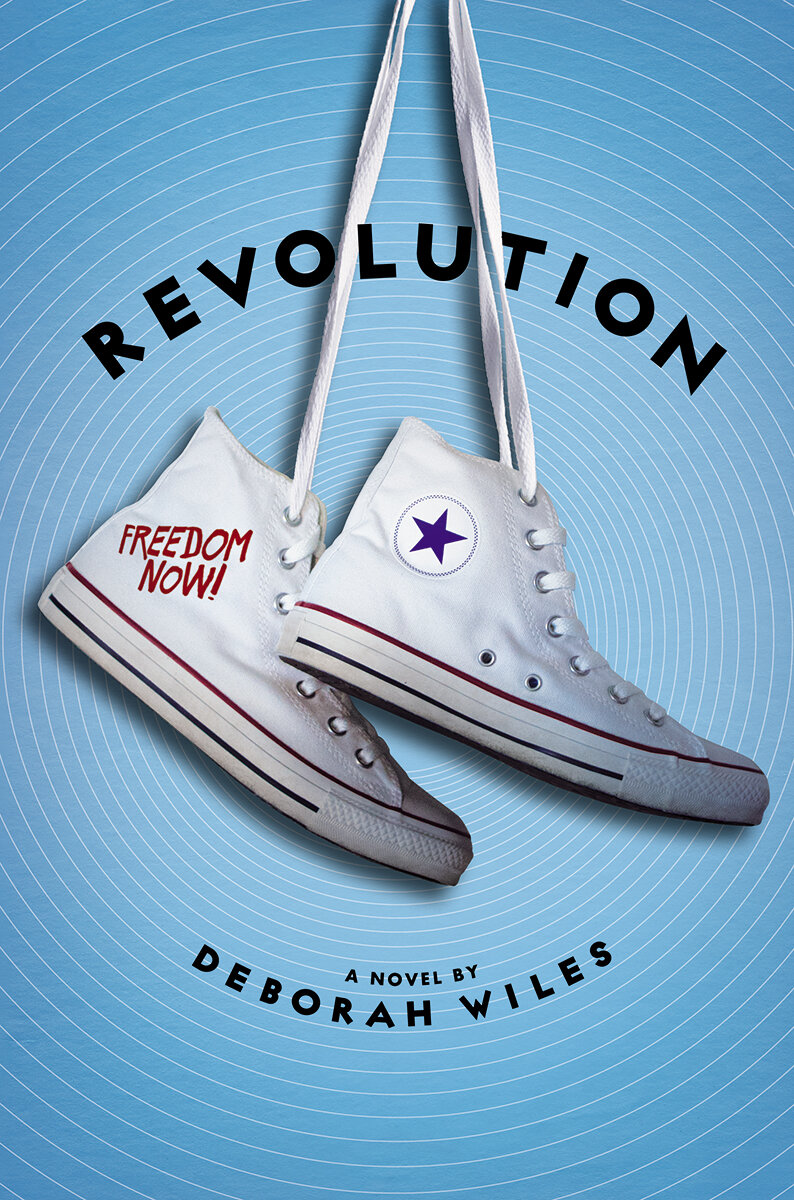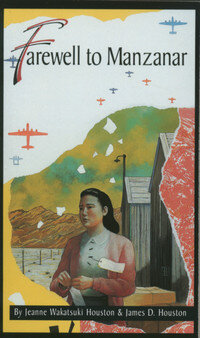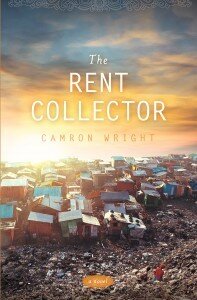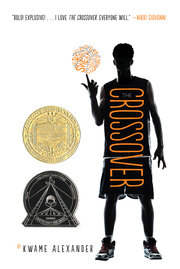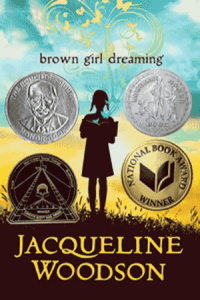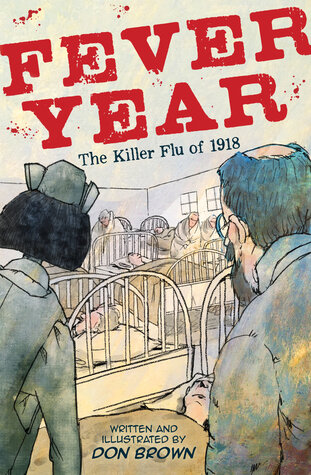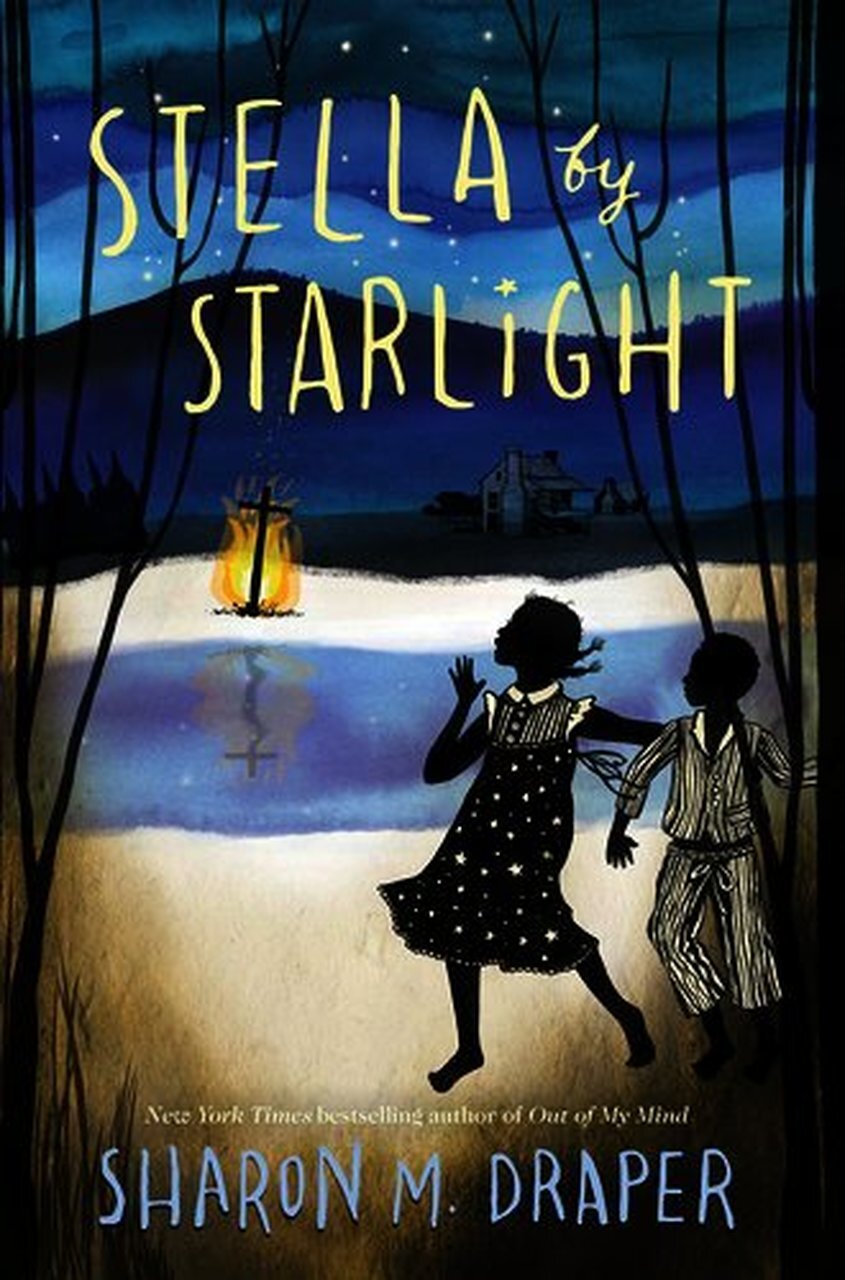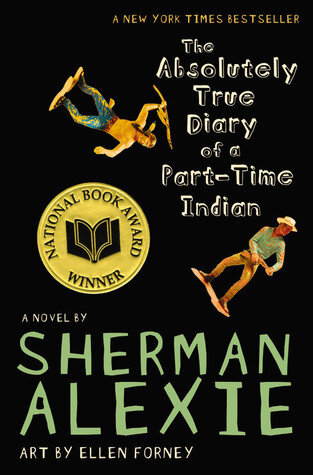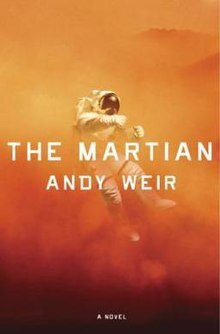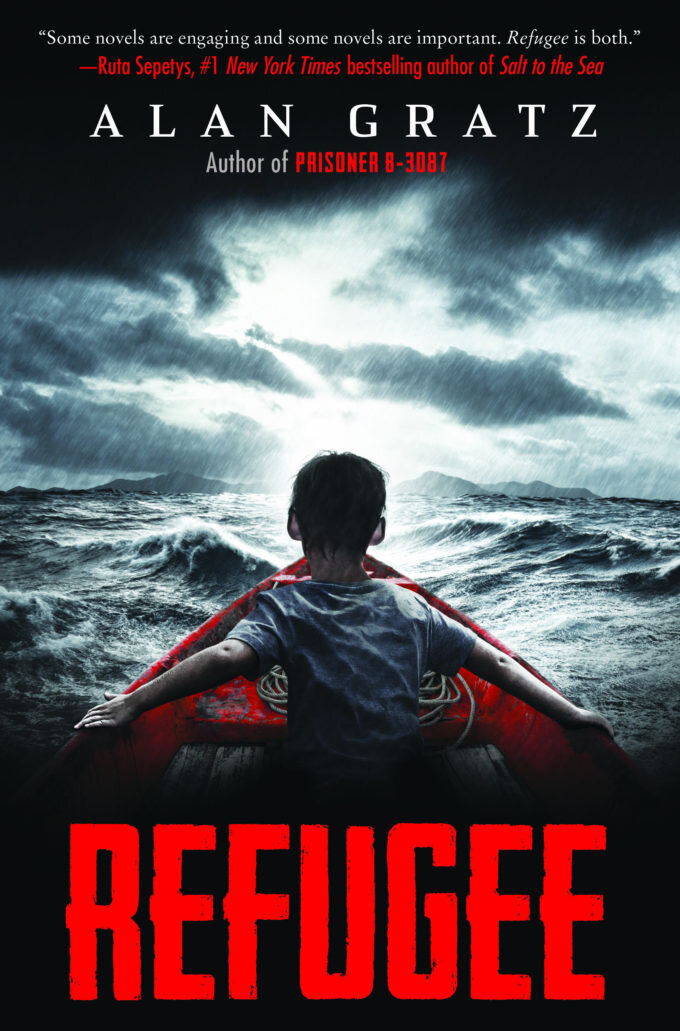Ever have a bad day in the classroom? Ever feel like you don’t have the energy to swim upstream against the current? Ever wonder if these seeds we plant with our students will ever really germinate? Ever just want a nap more than you want to plan your next project? Call in your alumni! Go ahead – ask them your tough questions. Have parents ask their tough questions. They are ready.
Were they prepared academically for high school and college?
Yes.
Were they prepared for the social transition to a larger school community?
Yes.
Was the transition difficult?
No, but maybe how to work a locker’s combination lock could be practical life work. Dressing frames, zippers, buckles, combination locks. Other than that, it was easy.
But wasn’t the adolescent community awfully small at a time when they are very focused on social life?
Relatively speaking, yes. It made us learn how to work together. We were a community. You looked past the differences and got the work done. That has been an important skill in High School and College. Now that I am looking toward employment after college, teamwork is everything. That is what employers want. I learned that in our Montessori adolescent community.
Are you glad you stayed for 9th grade?
Yes. Yes and Yes.
In the 9th year I gained leadership skills, refined my work habits and skills as a student (like time management, asking questions, doing group projects, being patient). I developed a lot of interpersonal skills.
I wish I had stayed for 9th grade. That year is essential, you are really figuring yourself out, and I think it would have been much better for me if I had stayed for 9th grade.
But I am worried that my child has to leave the safe bubble now.
In the Adolescent Program, I had a sense of the big picture, what was going on around the world, and how my actions affect the bigger things. It is the interdisciplinary nature of the curriculum; it shows you how the world works.
Looking back, what is your biggest takeaway?
A strong work ethic.
Having choices in my studies allowed me to figure out what I was interested in. I cared about my work, and was interested in my work, because I got to choose.
In High School I didn’t care as much about the content. It was more, “Why am I learning this?” In Montessori the purpose of everything you learn is very clear.
Did you feel ready to take tests? How can we help prepare students for tests?
Well…study. It is really a time management skill.
A Guide said recently that the Montessori Adolescent Program is a “safe place to fail.” Did you find that to be true?
Yes! I was not afraid to ask for help. I learned to take challenges and make mistakes.
I learned from Math Seminar that is it not just ok to fail but to put it up on the board and show it in front of everyone.
What about grade pressure?
I didn’t realize how focused I was on getting good grades in High School until I got to college and started to enjoy learning for learning’s sake again.
In high school those numbers defined who you were. But you know, some of the students who were in the top 10 ended up having a hard time in life. It is more about character and work ethic. That’s what is important.
Guide, Teacher, Practitioner, whatever you call yourself, the work really is worth it. If you ever doubt it, call your alumni.

